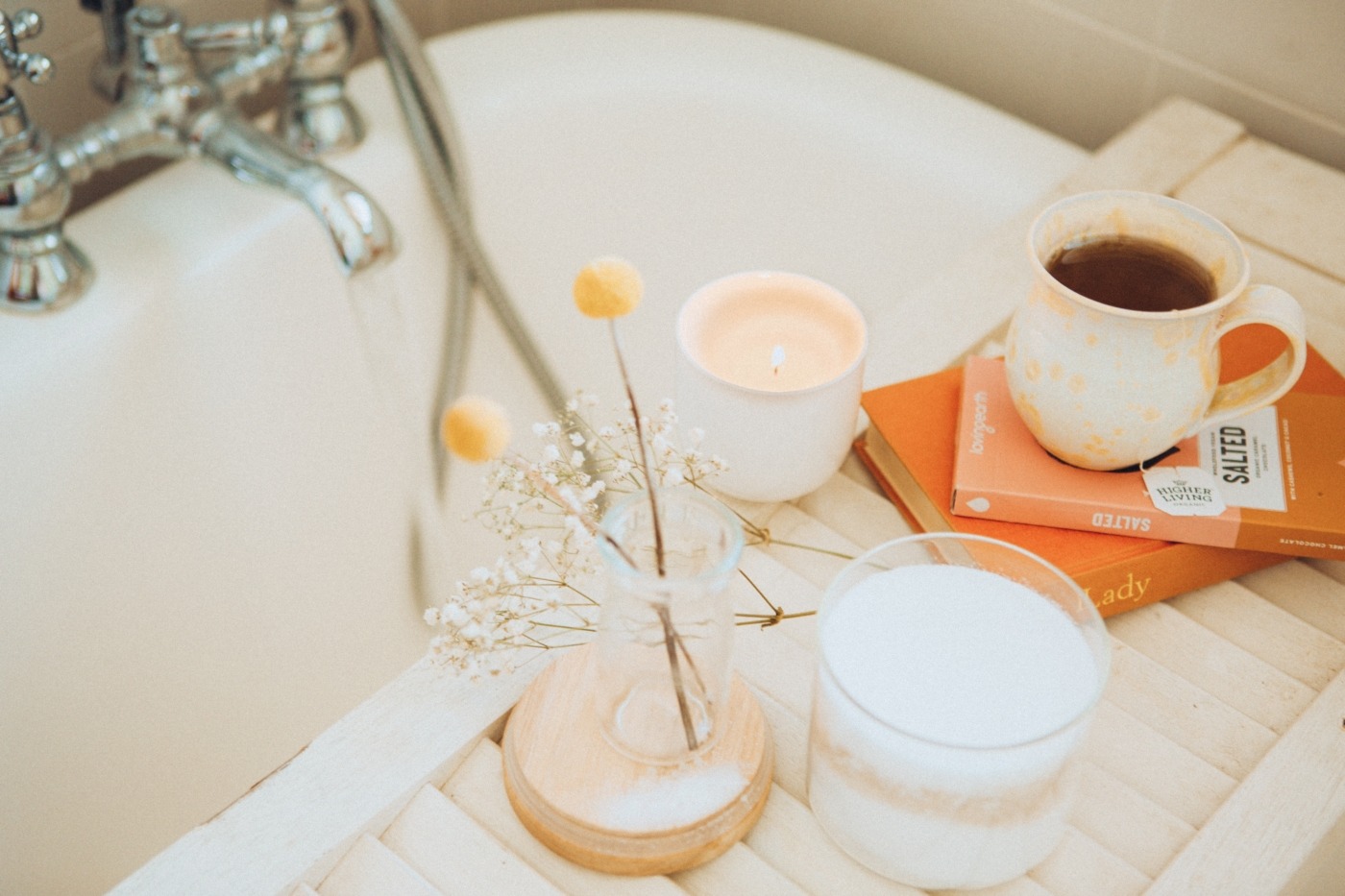The stressful state of self care
Over the past few years, self-care has become a household phrase. The market is flooded with products, lifestyle guides and activities all said to help you feel, and be, “better”. The constant, aggressive advertising telling us to ‘relax!’ and ‘take time for ourselves!’ would be ironic if it wasn’t so insidious.
The base concept of self-care is the simple idea that we should take better care of ourselves, letting ourselves take a moment away from a world that seems to constantly be getting faster and more stress-ridden. But now, the concept of self-care has become a stress in itself. It’s almost a competition – are the people you see on Instagram doing self-care better than you? Their skincare products are more expensive, in fancier boxes with a swish logo and a price tag that’ll make your eyes water.
They go to a yoga class at an exclusive, members-only gym every week too, following it up with some fancy sort of green tea boomerang-ed on their story. Rather than self-care being something that you define and do for yourself, it’s become just another performance that you probably feel like you’re doing wrong. Instead of a way to look after yourself, physically and mentally,, it’s just something else you have to be productive and successful in, defeating its entire purpose and, personally, making me want to rip my hair out. At least then I wouldn’t have to worry about whether I’m using the right sort of conditioner.
It’s become an endless cycle of impossible self-improvement
There’s a seemingly endless stream of brands and microtrends around self-care, many of which aren’t the cheapest, to say the least. Marketing centres around how these are things you deserve, things you need – as soon as companies saw that they could profit from people wanting to feel at least a little bit better, they jumped at the chance. Flashy face creams, colourful drinks, and overpriced candles, all sold as the Next Big Thing to improve your mental and physical health and, to be honest, you as a person.
Because a lot of these products are telling us just that – you’re not good enough. Many are designed to get rid of whatever terrible aspect of being human corporations have decided is unforgivable this week, twisting the idea of self-care into a breeding ground for insecurities. Instead of looking after yourself, it’s become an endless cycle of impossible self-improvement. Although the ‘right’ way to do self-care might be hard to define, there’s certainly a wrong way, and you’re probably doing it.
Maybe the real way to ‘do self-care right’ is to step away from all this constant instruction
As mentioned, it’s become financially unfeasible to be good at self-care. Harper’s Bazaar, the voice of the people, released a list earlier this year of their editors’ favourite self-care products. Some are reasonable, like a massager or a fairly affordable eye mask, but I draw the line at the $230 facial oil. These sorts of lists also lean heavily into traditional beauty expectations, with anti-ageing and beautifying products popping up. A personal favourite would have to be from Marie Claire’s pick of an exfoliant: “Pro tip: Sloughing off bumpy bits will help your makeup glide on easier, which in turn makes your life as a whole a bit easier”.
It’s like a one-two punch – here, try this product; you really should, you look awful! It’s not that wanting to look nice isn’t self-care, it’s that it shouldn’t be the dominant image that we’re sold of it. It’s about doing something for yourSELF, not society’s beauty standards. The clue’s in the name. Maybe the real way to ‘do self-care right’ is to step away from all this constant instruction and direction, away from the overpriced facemasks and hours-long evening routines. Self-care is whatever you want it to be. Your version might be a skincare routine and a ten-minute meditation at the end of the day, someone else’s might be reading in their favourite coffee shop on the way home from work.
Self-care isn’t one size fits all, and working out how you can best look after yourself is far more important than trying to follow an unrealistic, and ironically stressful, method of relaxation prescribed by someone else. Separating self-care from the commodified mess it has become is an act of self-care in itself, and one that will almost certainly help you feel better.

Comments (1)
Just reading this felt like a great weight had been lifted from my shoulders. A beautifully written piece of sanity which I shall return to regularly, in order to quieten the crazy demands of the modern world – which can deafen us with their shrieking orders to ‘comply’ (ie spend OUR money on THEIR tat). Thank you, Lucy Carter.